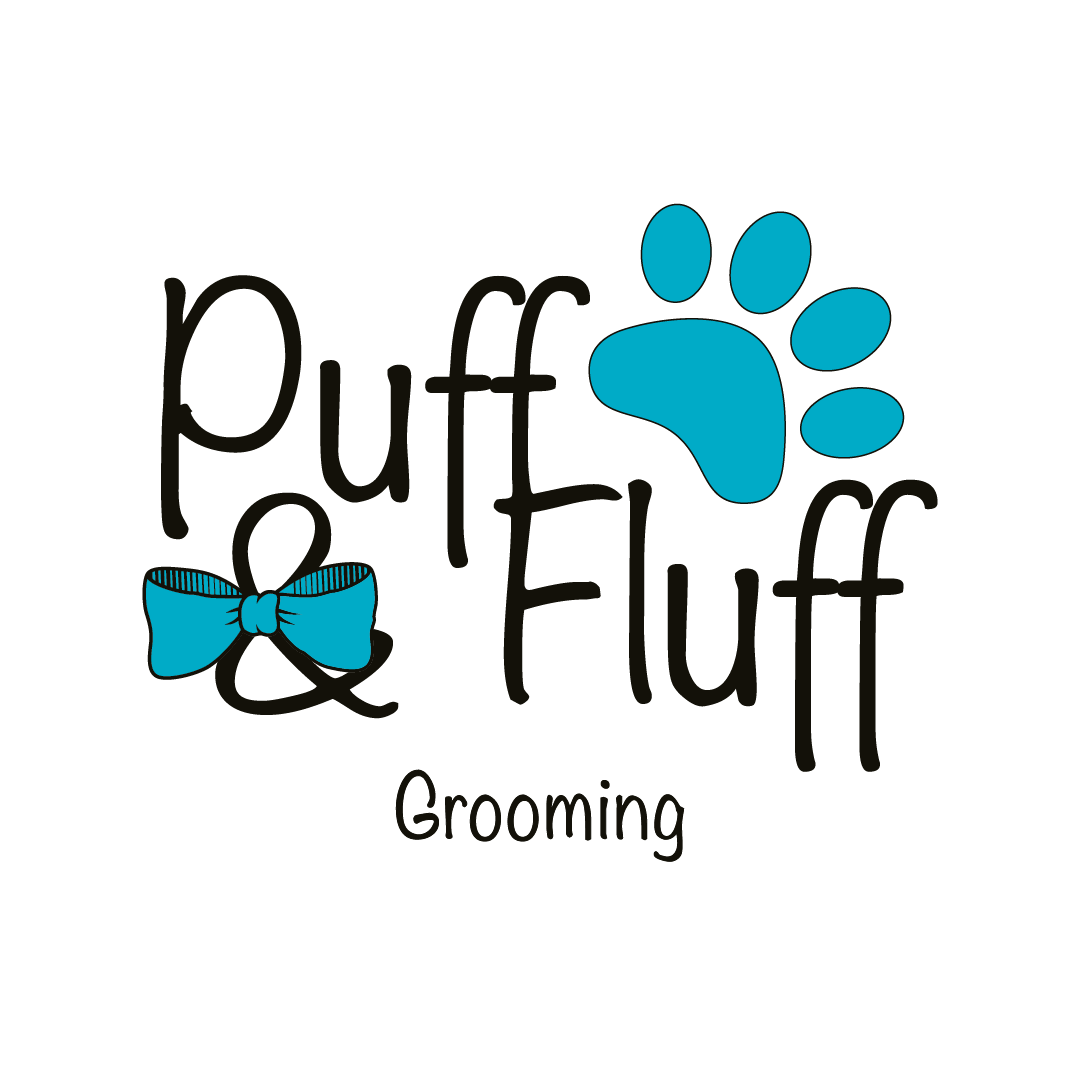Did you know that March is Pet Poison Prevention Awareness Month? While you may already know that chocolate is harmful to pets, there are tons of other foods and factors to keep in mind when raising a healthy, happy pet. In fact, common pet poisons could be lurking around your home or neighborhood without you even knowing! Don’t worry, we’re here to help you! Below is a breakdown of harmful products and how you can prevent a cat-astrophe from taking place. We’ve also included some helpful resources for you to keep handy!
Common Pet Poisons
Here are some of the most common pet poisons. Tack this list on your fridge or a spot where you and others are sure to see it, so you’ll always know what to keep away from your furry friends!
- Chocolate, coffee, grapes, raisins, onions, garlic, and more. Plenty of foods that us humans often eat and enjoy can be quite poisonous for our adorable pets. The ASPCA is a great resource if you’re looking for a complete list of foods to avoid giving your pet. Check out the full list here.
- Rodent pesticides are another common household item that’s extremely lethal to pets. Just because the rat poison is in the basement doesn’t mean Fido won’t find it. Also, keep in mind that if you’re poisoning mice or rats, your pet may find that poisoned rodent and try to eat it. If your pet eats a poisoned mouse, he or she will also be poisoned. If you have a pest problem, try using non-poisonous traps; not only is it more humane, but you won’t have to worry about your pets getting into nasty poison either!
- Medications are another common household item that, if your pet gets into, can be very dangerous. Pups are smart and curious, so even the strongest child-proof top won’t deter them. Keep any medicine you have locked away and in cabinets well out of reach of your pets.
- Tulips, azaleas, and lilies are all beautiful plants that many enjoy having in their homes, but did you know they’re toxic to pets? The risky component of the plants are tulipalin A and tulipalin B, toxins especially common within the bulb. If you want to pepper these plants throughout your home, be sure to keep them well out of reach from your curious pets.
Helpful Resources
There are plenty of resources out there should you ever have any questions about keeping your pets safe. Below are some that you should keep handy at all times!
- ASPCA Animal Poison Control: If you think your pet may have ingested a potentially poisonous substance, call (888) 426-4435. This is your best resource 24 hours a day, 365 days a year.
- The ASPCA website is another helpful resource. There is also a mobile app that has tons of helpful information.
- The Pet Poison Hotline is another helpful resource and you can reach someone at this number: 855-764-7661. The hotline’s website also offers a poison list and a guide to pet safety for owners.
- 60+ Toxic Foods and Non-Food items that pets shouldn’t ingest
